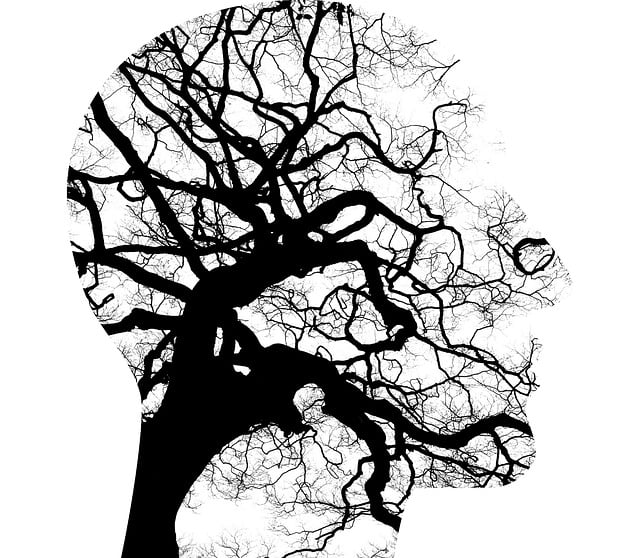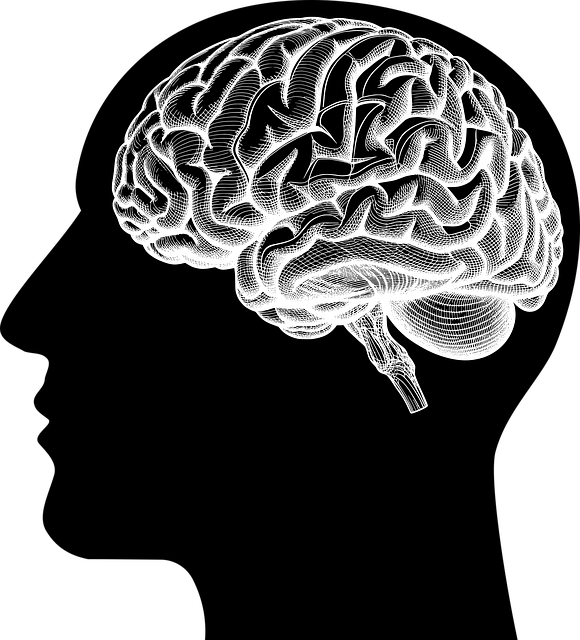Depression, affecting millions globally, requires early recognition through identifying signs like changes in appetite, sleep, concentration, self-worth, and suicidal thoughts. Lakewood Pain Management Therapy advocates for depression prevention through lifestyle habits like diet, exercise, and quality sleep. They offer evidence-based talk therapies like cognitive-behavioral therapy (CBT) and interpersonal therapy (IPT), empowering individuals to address negative thought patterns and relationship issues. Their holistic approach, including mindfulness meditation and stress reduction, builds resilience and reduces the risk of depressive episodes, enhancing long-term well-being.
Depression is a prevalent yet complex condition affecting millions. This article guides you through effective strategies to prevent and manage depression, offering insights into recognizing signs, adopting healthier lifestyles, and exploring therapy options like those provided by Lakewood Pain Management. We delve into lifestyle changes crucial for mental well-being, the power of talk therapy, and building resilience for long-term emotional stability.
- Understanding Depression: Recognizing the Signs and Symptoms
- Lifestyle Changes for a Healthier Mind: Diet, Exercise, and Sleep
- The Power of Talk Therapy: Exploring Different Therapies Offered by Lakewood Pain Management
- Building Resilience: Coping Strategies and Support Systems for Long-Term Wellbeing
Understanding Depression: Recognizing the Signs and Symptoms

Depression is a complex mental health condition that affects millions worldwide, with symptoms ranging from persistent sadness to loss of interest in activities once enjoyed. Recognizing the signs and understanding the nuances of depression are pivotal steps towards prevention and effective treatment. Early intervention plays a crucial role in managing this illness, especially when considering the impact on overall well-being.
At Lakewood Pain Management Therapy, we emphasize the importance of being vigilant regarding depressive tendencies. Common indicators include changes in appetite and sleep patterns, fatigue, difficulty concentrating, feelings of worthlessness or guilt, and recurrent thoughts of death or suicide. By fostering awareness about these signs, individuals can proactively seek support through various avenues such as counseling, therapy, or conflict resolution techniques. Moreover, promoting self-esteem improvement and advocating for mental health policy analysis and advocacy is essential in creating a supportive environment for those facing depression.
Lifestyle Changes for a Healthier Mind: Diet, Exercise, and Sleep

Depression prevention starts with adopting healthier lifestyle habits that positively impact your mind. One of the key areas to focus on is diet. Incorporating nutrient-rich foods, such as fruits, vegetables, whole grains, and lean proteins, can significantly influence your mood and overall well-being. A balanced diet ensures your brain receives essential vitamins and minerals required for optimal functioning.
Additionally, regular exercise plays a crucial role in depression prevention. Physical activity boosts the release of endorphins, often referred to as “feel-good” hormones, which can alleviate symptoms of depression and anxiety. Aim for at least 30 minutes of moderate exercise most days of the week. This could include activities like walking, cycling, or even engaging in hobbies that get your heart rate up. For tailored guidance, consider consulting with a Lakewood Pain Management Therapy specialist who can incorporate mental health support into your treatment plan. Meanwhile, prioritizing quality sleep is another vital pillar. Aim for 7-9 hours of uninterrupted sleep each night to allow your brain and body to rest and recover effectively.
The Power of Talk Therapy: Exploring Different Therapies Offered by Lakewood Pain Management

Talk therapy is a cornerstone of depression prevention and treatment, offering individuals valuable tools to navigate their mental health journeys. Lakewood Pain Management Therapy stands out as a beacon of hope for those dealing with depression, providing a range of therapeutic approaches tailored to unique needs. From cognitive-behavioral therapy (CBT) to interpersonal therapy (IPT), these evidence-based methods empower patients to understand and manage their depressive symptoms effectively.
CBT, for instance, focuses on identifying and changing negative thought patterns and behaviors, fostering emotional regulation. IPT, on the other hand, addresses relationship issues and conflict resolution techniques, acknowledging that social connections are vital for mental well-being. Moreover, therapists at Lakewood Pain Management incorporate mind over matter principles, encouraging clients to reframe their perspectives and cultivate resilience in the face of adversity. These comprehensive therapies offer a holistic approach to depression prevention, addressing not just symptoms but also the underlying causes.
Building Resilience: Coping Strategies and Support Systems for Long-Term Wellbeing

Building resilience is a key component of depression prevention. By developing coping strategies and robust support systems, individuals can enhance their ability to navigate life’s challenges and maintain long-term wellbeing. Mindfulness meditation and stress reduction methods are evidence-based practices that promote emotional regulation and mental clarity, serving as effective tools in preventing depressive episodes.
At Lakewood Pain Management Therapy, we emphasize the importance of holistic approaches to mental health. Our professionals guide individuals in cultivating coping skills development, fostering a sense of empowerment and self-care. Through various therapeutic interventions, we help clients build a supportive network that can provide comfort during stressful times. By combining these strategies with regular practice of mindfulness meditation, individuals can significantly lower their risk of depression and foster overall mental resilience.
Depression prevention is a holistic process that involves understanding our minds, adopting healthy habits, seeking professional help, and building strong support systems. By recognizing the signs early on, making lifestyle changes like those promoted by Lakewood Pain Management for diet, exercise, and sleep, engaging in talk therapy, and developing coping strategies, individuals can effectively manage and even prevent depression. Remember, resources like Lakewood Pain Management Therapy offer valuable tools to navigate mental health challenges, ultimately fostering long-term wellbeing.














